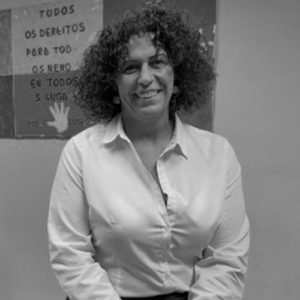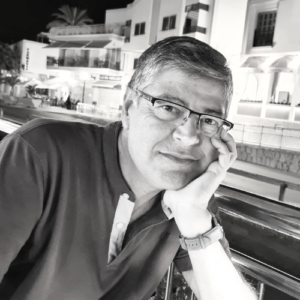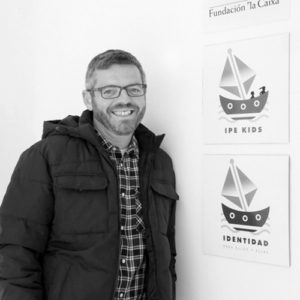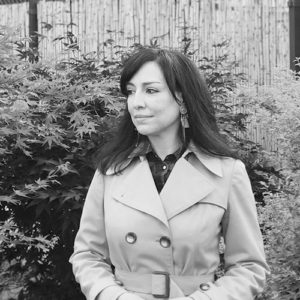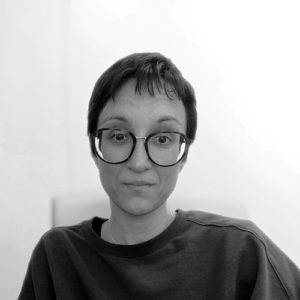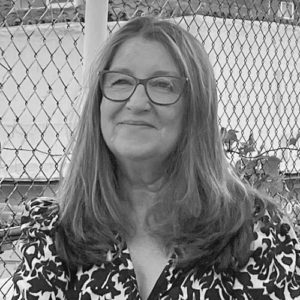Itaca Educational Association, Catalonia

Currículum vitae
Degree in Social Work at Rovira i Virgili University. She has been linked to different associative movements and their governing bodies for nearly 20 years, related to education in leisure time, social action and community intervention and in organizations that raise awareness on inequalities in the North–South divide.
Current Deputy Director and Vice President of the Educational Association Itaca in Hospitalet de Llobregat (Catalonia), where she has worked since 2007. She is also the vice president of the Youth and Inclusion Network and a member in the board of Oikia, Spanish Network of community-based entities.
Specialist in team direction and management, responsible for the area of equality and feminism of the entity. Her career has been focused on children, mainly at risk, in Open Centers (resources belonging to Social Services).
Talk
ROUND TABLE
“Good practices for the participation model”
Inserjove: a project to keep track of the professional and training path of young people whose starting point is outside the game board.
The Inserjove project aims to be a space to follow up young people from the age of 16, where tools and resources are made available so that they can be the trigger of their change. The main objective is to design and promote their life project at a training and work level. This whole process is carried out with a group of young people from a very specific context in the city of l’Hospitalet de Llobregat, specifically, the neighborhood of Collblanc La Torrassa. A densely populated territory with a high rate of people in irregular administrative situations, facing all the additional barriers that this entails. It comes to young people whose square one is outside the game board itself and who move forward with an extra burden on their backs due to all the complexities they have to go through: linguistic barriers, mental health issues, migratory grief processes, housing problems…
They are at the heart of the process, since it provides them, on the one hand, a support space among peers where they can feel part of a group, where they can create links that help them to enhance aspects such as trust and expand the network of affective support. On the other hand, personalized schemes are designed breaking down their global situation, so that they can get where they want, focusing on their capacity for resilience, empowerment and their skills and abilities, providing them with equitable resources so that they can access both training and work as easily as the others, moving forward through the squares on the board at the same speed as the other young people belonging to the same society.




